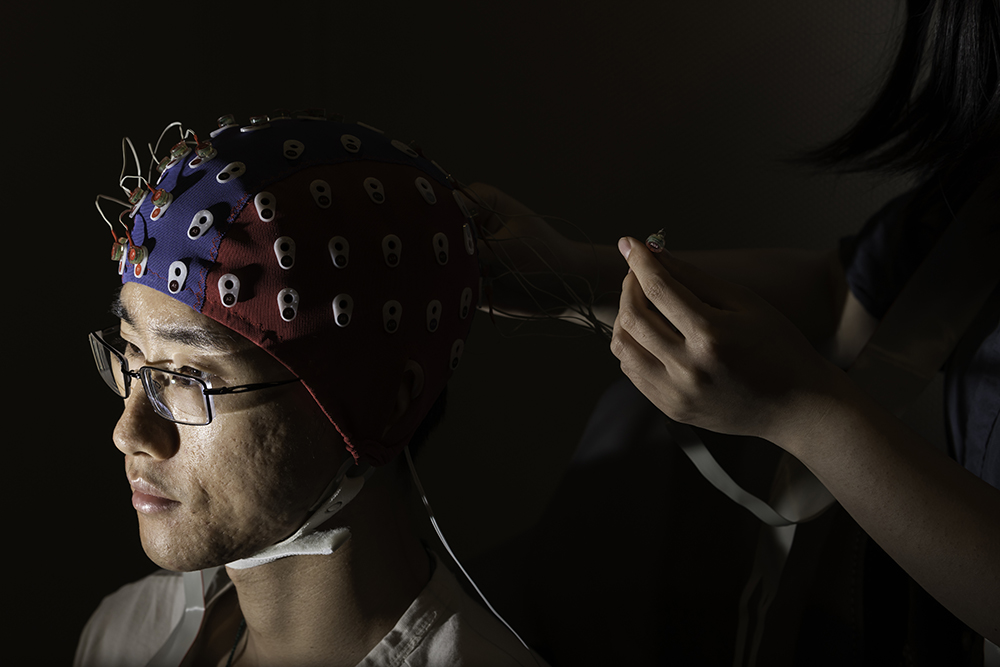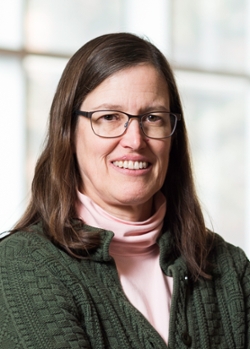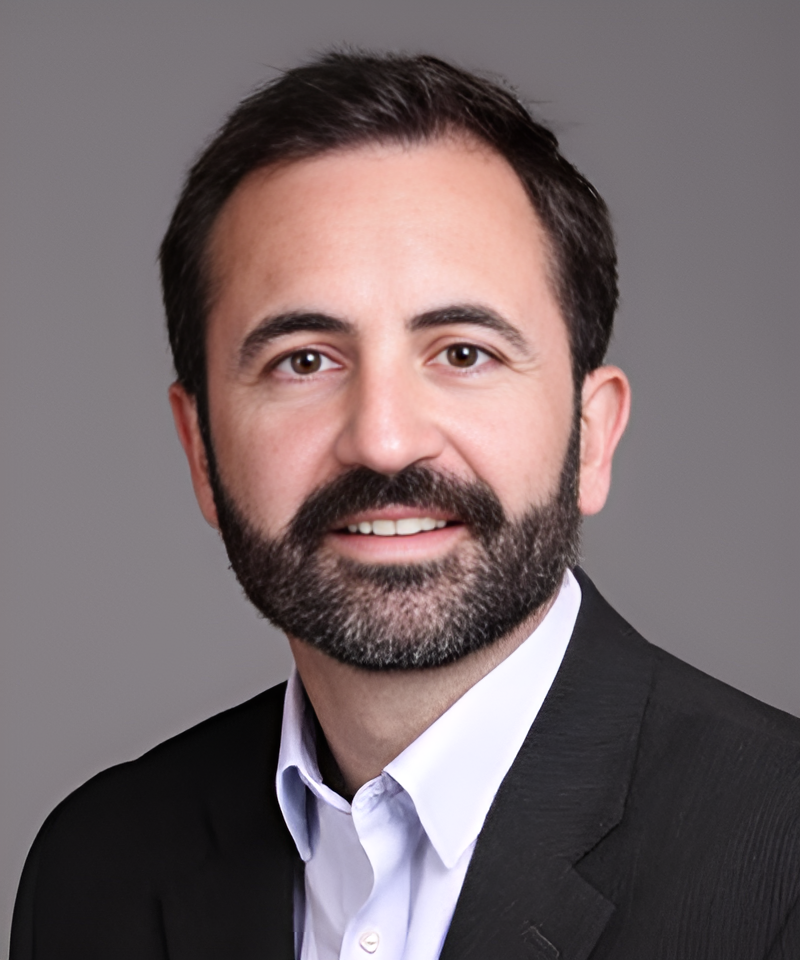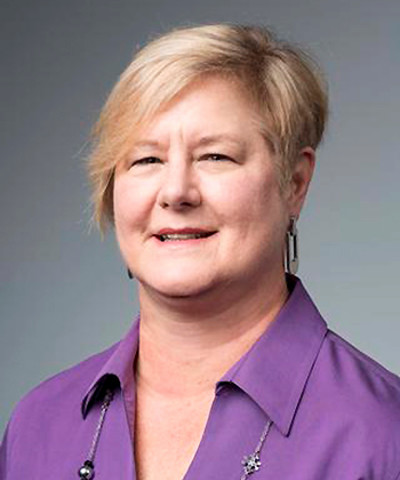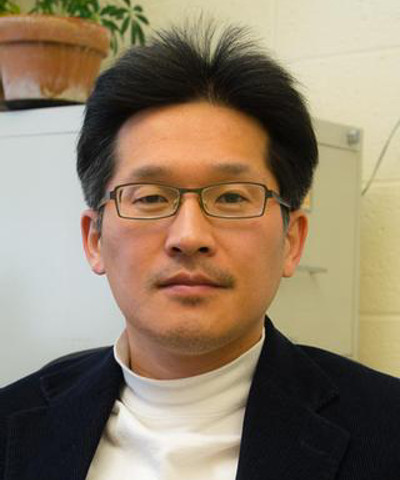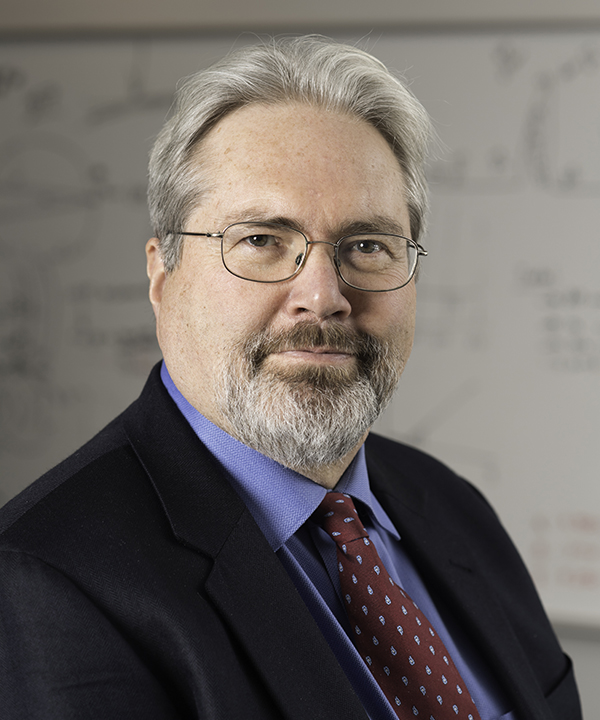Neuroengineering
What is Neuroengineering?
Neuroengineering combines the principles of engineering and neuroscience to develop new technologies to enhance function and treat neurological diseases that affect the brain and nervous systems.
Areas of Focus
Our biomedical engineers are conducting groundbreaking research to:
- Build simulation models to understand how brain cells react to different stimuli.
- Develop new treatments for brain conditions, including brain injuries, neurological diseases, and migraines.
- Improve neuroprosthetics for better functionality and performance.
- Research ear anatomy, hearing processes, and the brain's response to sound to develop advanced treatments and prevention strategies for hearing loss and impairments.

